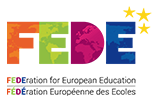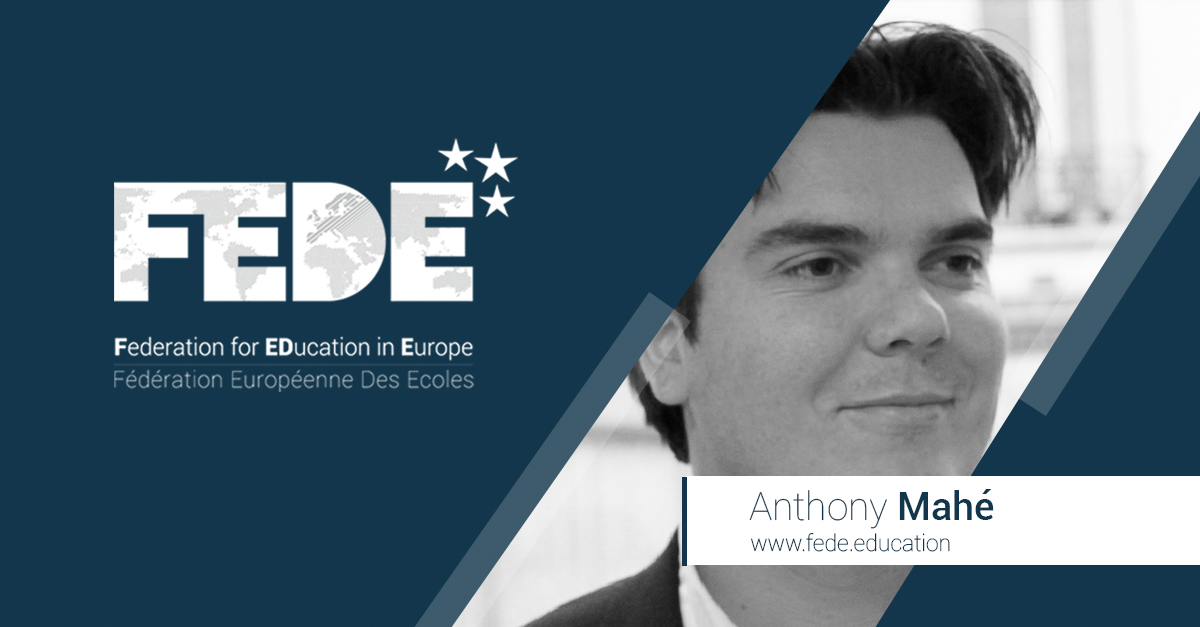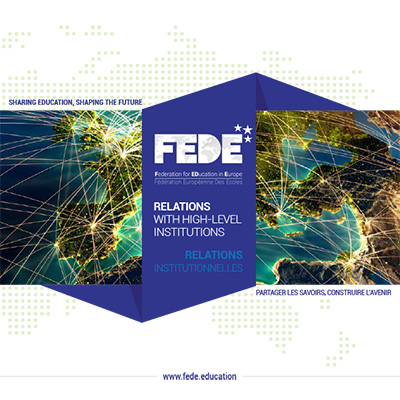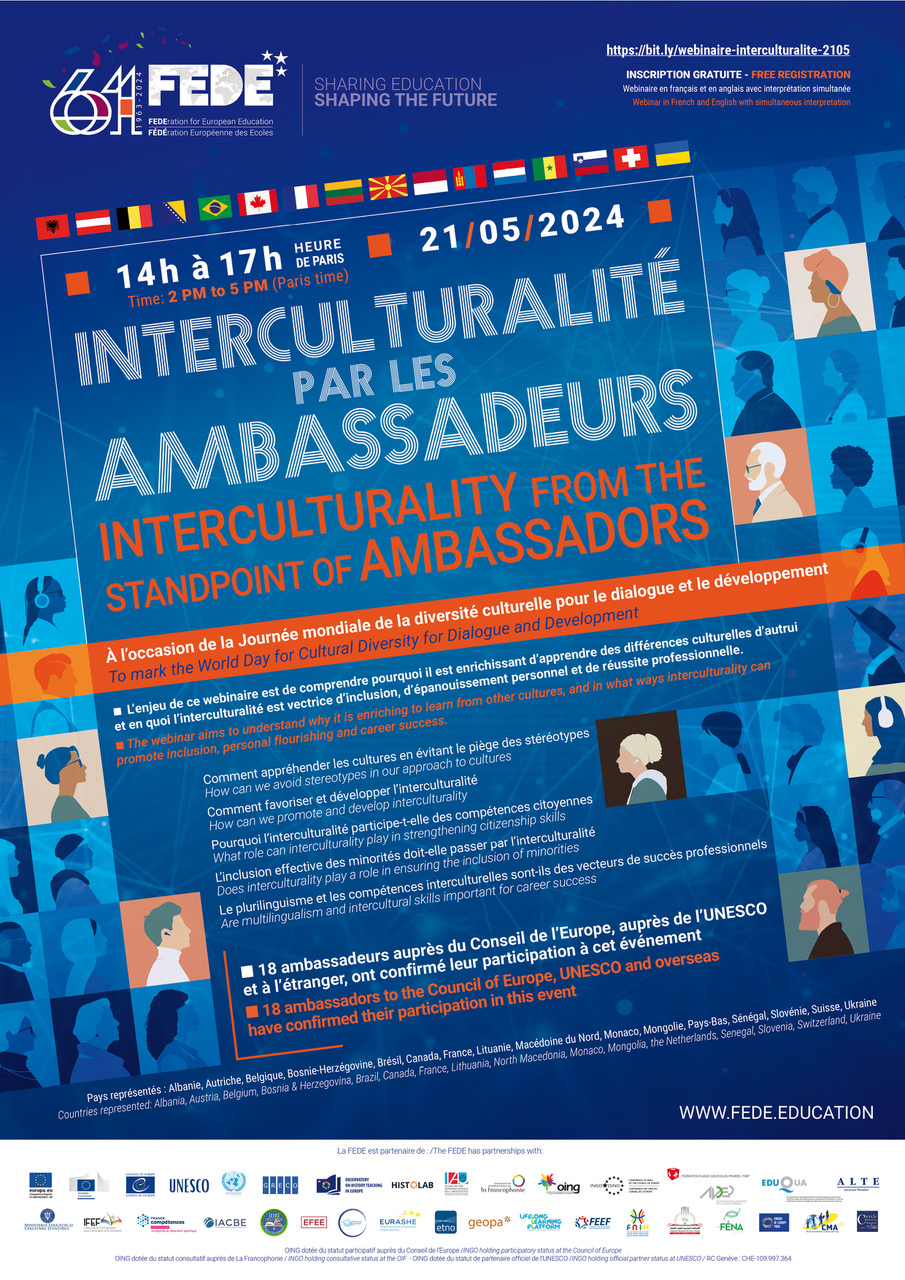A doctor in sociology, director of studies at the firm Eranos, and member of the FEDE’s Panel of Experts, Antony Mahé tells us about the links between artificial intelligence and education.
What contribution can AI make to education?
As a sociologist specialised in the digital economy, I am quite sceptical about this. Nonetheless, there are some interesting opportunities linked to so-called adaptive learning – that is, the fact that AI can adapt to a student’s learning speed and level. It also seems that such technology will be able to anticipate a student’s risk of dropping out of school; this would be very useful, given that dropping out is a major problem.
What would be the limitations of such uses?
One of the major problems relates to promising too much with respect to personalised learning. Each student has their own pace and preferences, and AI seems to be offering a personalised approach. However, there is no evidence that a lack of personalisation was a problem for existing learning tools. Personalisation may even run counter to education, which, in my view, is a collective project carried out on the basis of what is common to all learners: shared knowledge, and shared learning in a shared space. It seems to me that there should be a collective framework in place, and this seems to be incompatible with the so-called made-to-measure approach offered by AI. It is also incompatible with so-called ‘differentiated’ learning, whereby teachers have different groups of students progress at different speeds.
With regard to ethics, how can we ensure that AI is used safely?
There are a number of ethical considerations. Many of these have been identified by UNESCO, and I agree with the measures proposed. I think that we need above all to rethink the current digital model according to which economic interests come first and are based on the collection and processing of data (which are used for much more than educational purposes; for example, they are used in personalised advertising, eye-tracking experiments, etc.) and on maximising the number of connections to platforms (albeit educational ones) because connections ultimately mean money. Rather than trying to use AI to adjust learning to different brain types, we need to think more about how AI could facilitate collective learning, bring learners together and strengthen them as a community.



